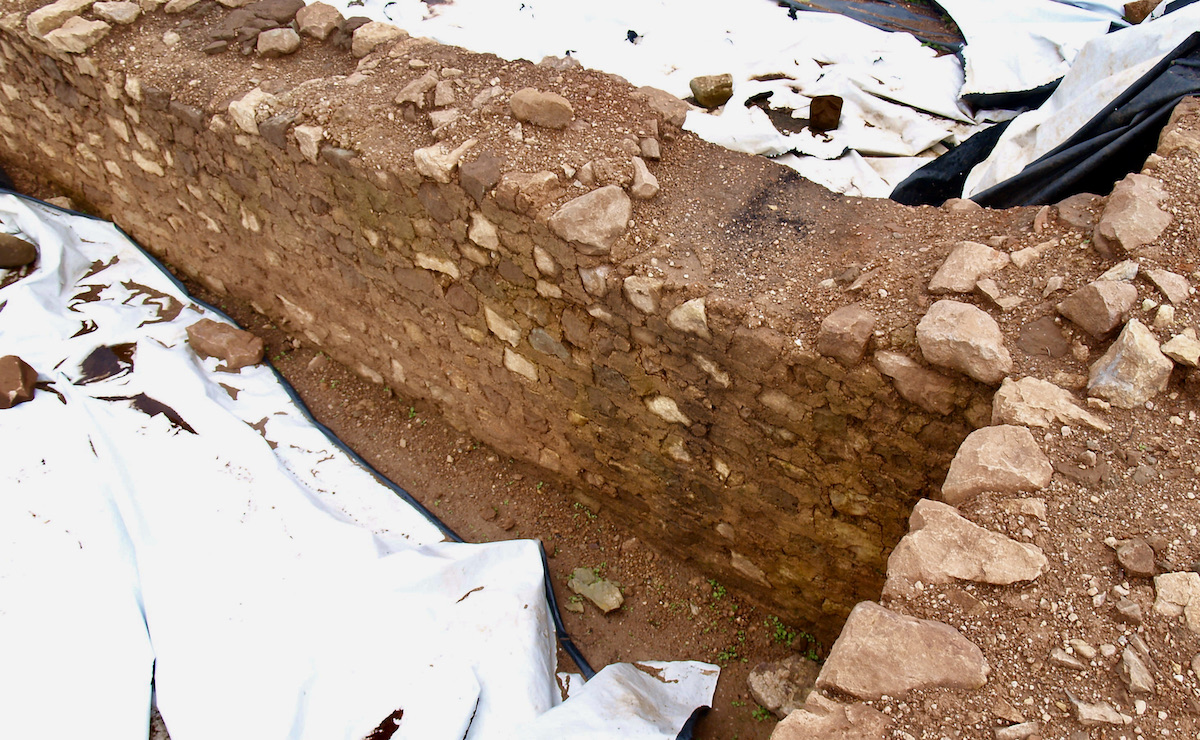„Et ass eis zu Ouere komm, dass et bei ville Logementsprojeten zu gréissere Retarde kéim, well et ënnert anerem zimmlech laang dauere géif, bis déi obligatoresch archeologesch Evaluatioun vum Centre national de recherche archéologique (CNRA) ofgeschloss wier.
An deem Kader wollte mir der Madamm Kulturministesch folgend Froe stellen:
- Wéi vill Demande fir eng archeologesch Evaluatioun huet den CNRA déi lescht fënnef Joer pro Mount erakritt? Wéi vill Demanden huet den CNRA am selwechten Zäitraum evakuéiert?
- Kann d’Madamm Ministesch eis soen, wéi laang et duerchschnëttlech vun der Receptioun bis zum Ofschloss vun engem Dossier dauert?
- Wat wieren d’Grënn fir eng eventuell laang Waardezäit?
- Wéi gedenkt d’Ministesch, dës eventuell Problematik z‘entschäerfen?“






